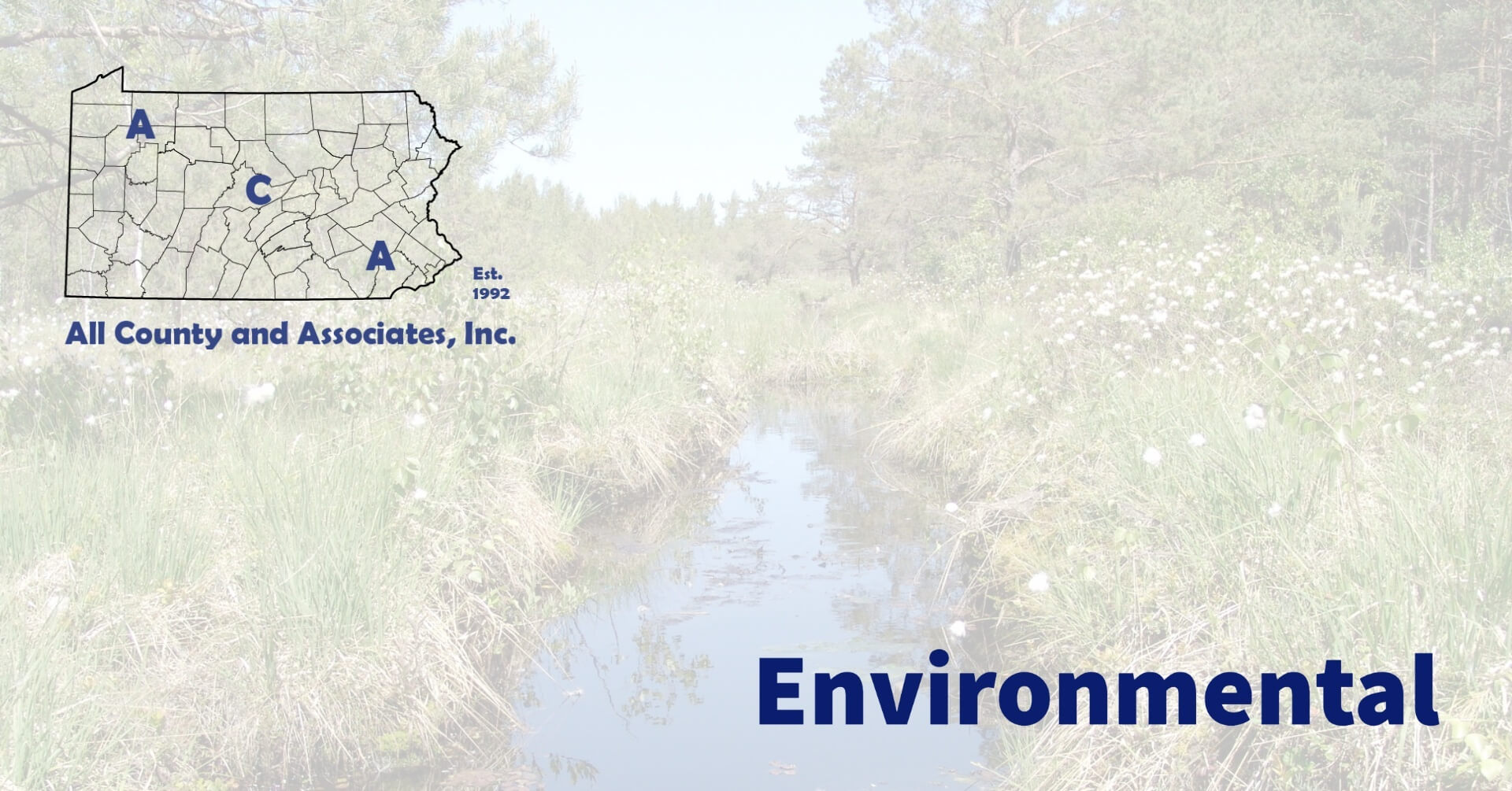
We have seen a lot of snow over the past few weeks. But this winter weather can be more than a hassle. So, let’s take a look at the impacts of this winter weather on soil.
What Happens to Soil in the Winter?
To start, we have to understand what happens to soil during the winter months. First, remember that soil is the home to many forms of life. During the winter, the soil protects organisms, insects, plant roots, etc. from the winter weather. As temperatures fall, the surface soils begin to freeze due to the water within the outer layers of soil freezing. We call this the frost layer.
The depth of the frost layer depends on many factors. The more organic matter, the shallower the frost layer. This is because organic matter like mulch, compost, dead plants, or leaves, act as a blanket. These layers build up, making it more difficult for cold air to reach the soil layers below. Another factor is actually the weather itself. If an early snow blanket forms, the snow becomes an insulation blanket for the soil below. The snow keeps the earth’s heat within the soil and prevents the cold air from reaching it.
Animal and Plant Survival
So now that we know about the frost layer, how is it that these animals and plants do not die during the winter? Many of the animals and insects that live in the soils have evolved to live below the frost line. This starts with their ability to hibernate or live off the food they have collected. Some animals even have their own version of antifreeze for the winter months.
Plants are quite the magicians when it comes to seasons. Check out our social media posts on how plants winterize during the fall. Yes, the changing of leaf color is more than a pretty show. But plants are even more fascinating in the winter. It starts with grasses, shrubs and trees native to colder climates. These plants have root structures deeper than the frost layer. This allows them to take water from the exposed plant and transport it below the frost layer, thus preventing the water from expanding and damaging the plant. Finally, roots store salt and sugar to lower the temperature at which the water freezes.
The Snow Blanket
As discussed, snow is quite the blanket to the soil and lifeforms that call it home. But it provides even more protection than that. Snow blankets help prevent freeze-thaw cycles. As the soil gets cold, water molecules freeze and expand. This expansion can push up the layers of soil. This push upward, or heave, results in damage to surfaces like sidewalks and roads. It can also rip those important plant roots from the vegetation above ground. The less freeze-thaw cycles, the less damage is done to surface plants and structures.
The other major benefit of a snow blanket occurs during the spring thaw. The snow blanket prevents deep freezing. This reduces the time for the soil to thaw. If a deep freeze occurs, the outer layers of soil can thaw before the inner layers. This prevents the absorption of water from the surface and outer layers. This inability to absorb water increases the likelihood of flooding and soil erosion. It can also result in the outer layers liquefying and cause landslides. Finally, it can impact owners of on-site sewage systems. The frozen ground and saturation can reduce the effectiveness of their absorption area.
Engineering Through the Winter
Engineering firms operate year-round, thus we contend with the impacts of winter weather. For the most part, the biggest impact is bundling up. Otherwise, it has little impact on the ability to complete work.
One of the biggest types of work occurring during the winter are boundary surveys because they benefit from the fall and winter months. The lack of vegetation on trees and reduced ground cover makes it easier for crews to traverse the land. Additionally, surveying equipment relies on maintaining visual contact. So, the reduction in vegetation allows for larger distances between pieces of equipment. This saves further time, because the crew does not need to set up extra times.
On the other hand, it can cause delays in soil testing and topographic surveys. Soil probes can occur during winter months, but in this case, the biggest limitation is the level and depth of frost. A deeper frost means the outer layers are more difficult to excavate. But the winter months have a large impact on percolation testing. This testing measures the soil’s ability to absorb water. Frozen ground will not absorb water. Additionally, the freeze-thaw cycles can cause heavy saturation of soils. This reduces their infiltration rate.
Finally, topographic surveys can be very difficult in the winter months. These surveys capture the elevations of the ground, structures and other features. Many of these features are at or below grade. So, once snow has fallen, it becomes difficult, if not impossible, to find all the features.
Who is ACA?
Started in 1992 and located in Chester County, PA ACA has grown to become a full-service civil engineering firm. Today, we merge professional services with practical knowledge for residential and commercial projects. No matter the scale, from installing a fence, to building a structure or developing land, you need permits. Because the approval process includes many permits and agencies, it can be a headache. Working with ACA’s full-service team saves you time, money, and headaches. Every step of the way, we are here to support you and educate you about the process. Here are some of the basic services we provide:
Construction Management | Civil Engineering | Environmental Permitting | Septic System Testing and Design | Land Surveying | Wetland Delineations and Mitigation
Please feel free to browse our website or if working on a project or need help, contact us at (610) 469-3830.


